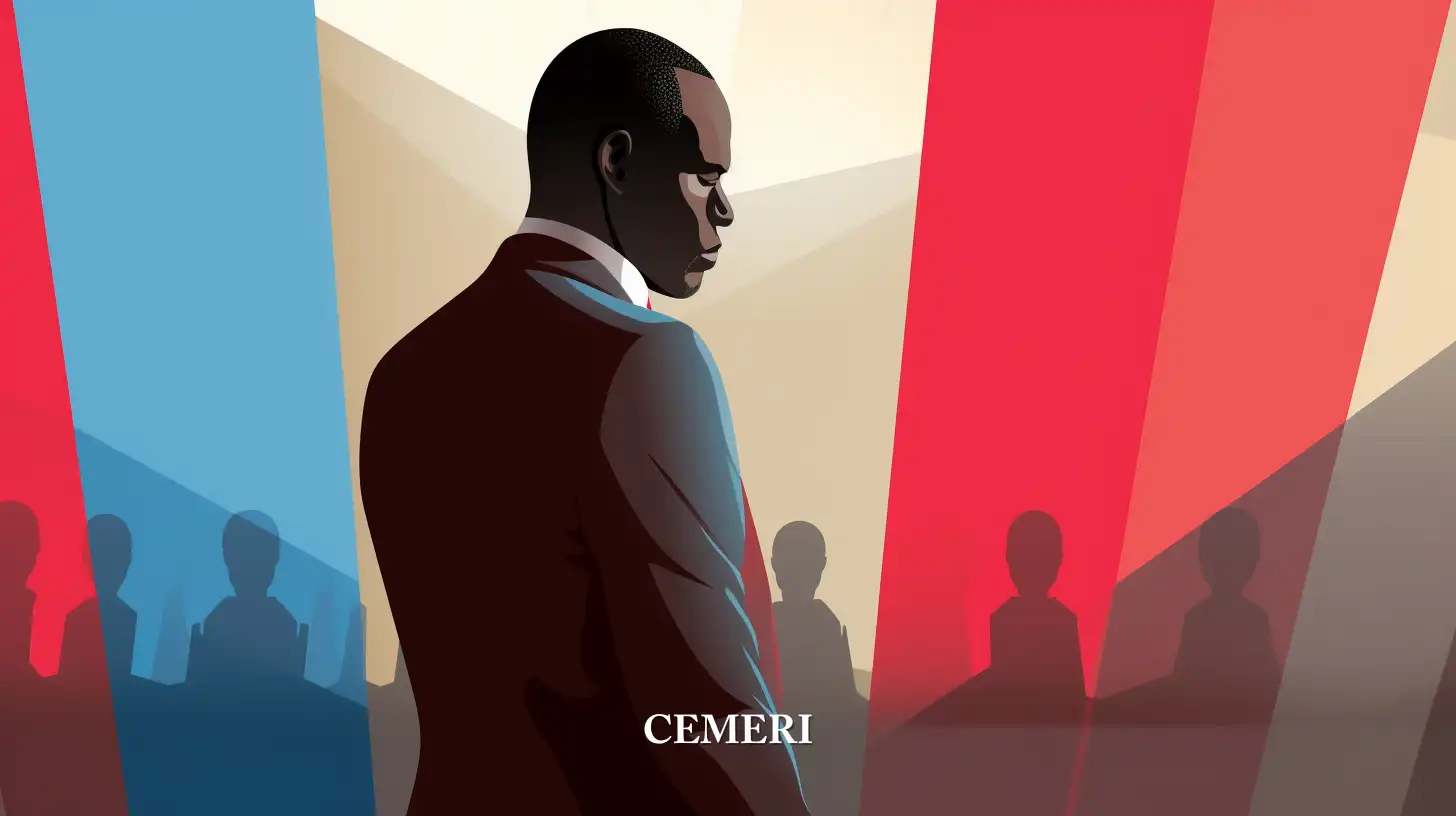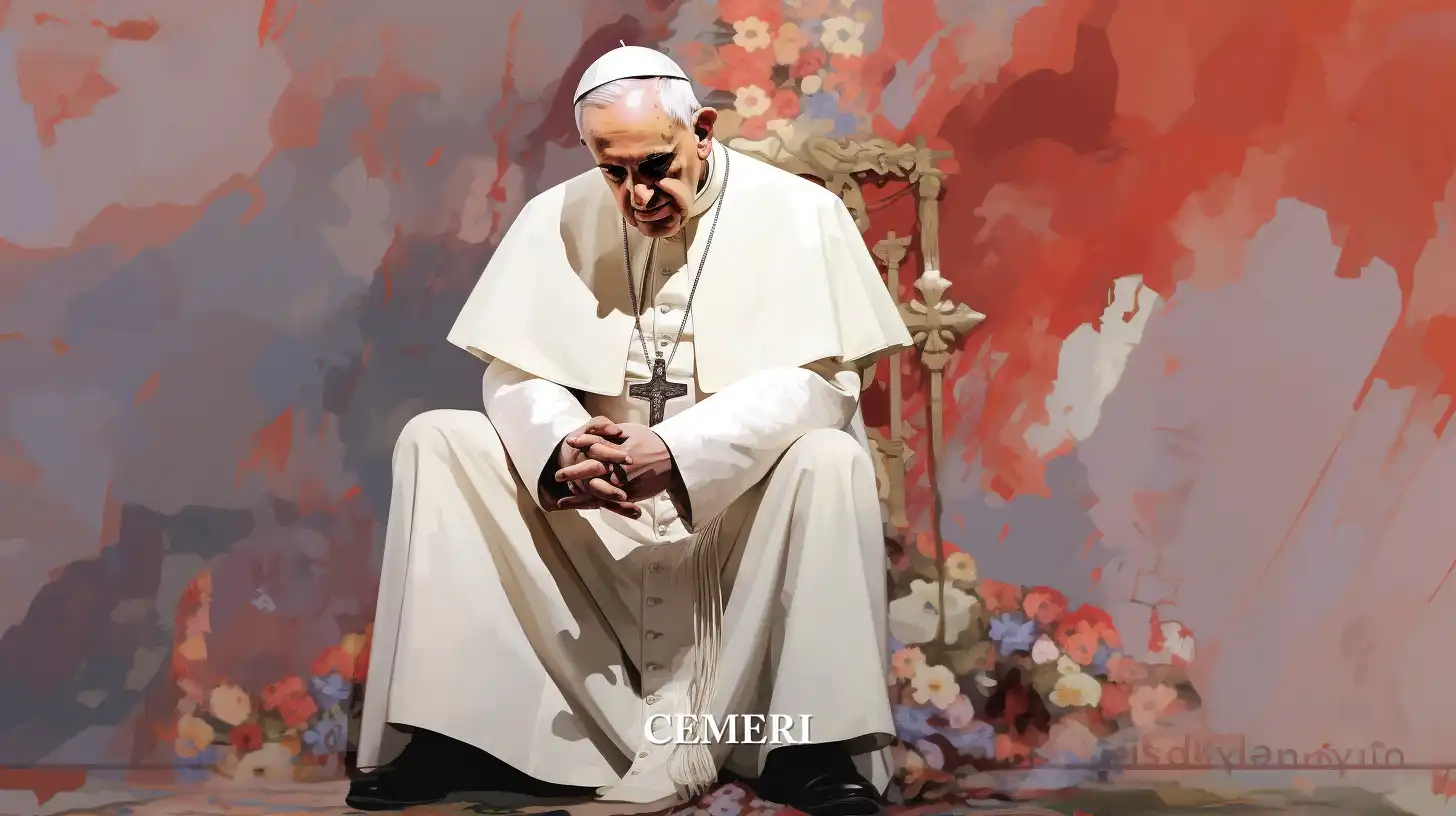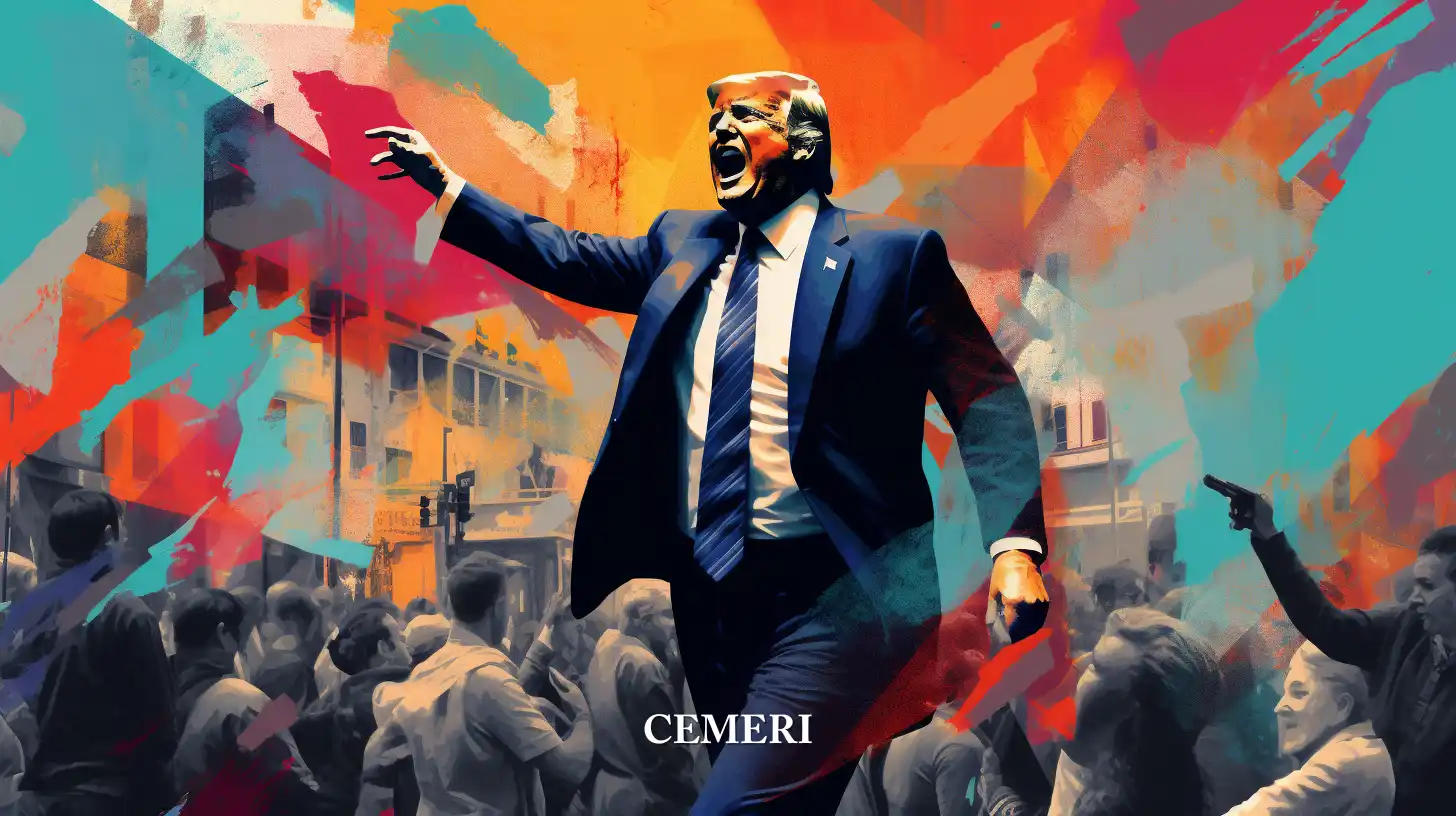Opinion
Mauricio Valentinoti Palacios S.
Who Assassinated the President of Haiti?
- The assassination was not an isolated event, it was a serious consequence of a series of decisive events in Haiti.

On July 7, 2021, Haitian President Jovenel Moïse was assassinated at his residence. The first lady, Martine Moïse, was seriously injured and later transferred to the United States for her recovery. The unfortunate event joined the list of assassinations and is only preceded on the continent by the assassination of US President John F. Kennedy (although some authors classify the assassination of Mexican presidential candidate Luis Donaldo Colosio as the last assassination in America). Any crime of this type is deplorable and, when dealing with an authority of this category, is an even more serious event for regional stability.
The question that the international press seeks to answer is who planned the assassination of President Moïse and what was the reason for doing it. By all accounts, Moïse was not a particularly charismatic or beloved head of state. In fact, the assassination was not an isolated incident, but rather a serious consequence of a series of events in Haiti. Moïse was not popular with the people and his political enemies are particularly dangerous, as they are oligarch families that control key sectors of the country, such as the energy and food industries. Haiti's fragile institutions, weakened by relentless gang violence and widespread economic overcrowding, could have done little to prevent the attack, given the level of corruption that prevails in this context in Haiti.
The attack was perpetrated by a group of twenty-eight mercenaries, mostly foreigners of Colombian origin, according to the first investigations carried out by Haitian law enforcement. An armed command whose members were only the armed wing of the operation. An issue that was demonstrated when it was learned that they hardly encountered resistance when breaking into the presidential residence, when it is normally guarded by dozens of guards who coincidentally were not there that day.
At the moment, it is known that the attack was a complex operation planned weeks in advance, due to the fact that the mercenaries arrived in different waves in the country. Similarly, it is known that the attack was planned in a hotel in the Dominican Republic. The fullness of intellectual authority is still unknown. However, one of the alleged masterminds behind the murder was arrested on July 12. His name is Christian Emanuel Sanon, residing in Florida, a 63-year-old Haitian-American who seems to be quite a character, as he is a doctor by profession, a pastor by vocation and presides over a social organization called Haiti Rome as a hobby. This person has been demonstrating for a decade his political aspirations for the presidency of Haiti.
In matters of disruptive politics, the correct approximation of time is of great importance. It is evident that, for a decade, Sanon did not dare to carry out his coup. The reason why he has decided to do it this time is because he thought he had found an excellent opportunity. On the one hand, he took advantage of the intense campaign of protests against Moïse since the 2019 Petro Caribe scandal, where he was accused of supporting the diversion of resources destined to be invested in infrastructure in Haiti. In addition to the political maneuvers that he carried out to accumulate power in the presidential office and thus govern autocratically. The level of discredit caused social sentiment against the president, which clearly weakened his image and, consequently, his ability to lead a country that what it most needs is leadership to move forward.
But, on the other hand, maybe Sanon wasn't the one who triggered the conspiracy against Moïse. The president of Haiti, in his quest to accumulate power, tried to confront the country's oligarchy. Families that control the key sectors of the Haitian economy, as mentioned above. In scenarios of this type, where absolute power resides in the hands of a few, there is no room for competition and the methods used to maintain power have no limits or morality. Above all, in a country distracted by the scourge of violence between gangs and towards the civilian population, who suffered eight hundred kidnappings in 2020, according to the Center for Analysis and Investigation of Human Rights in Port-au-Prince.
It is possible to affirm that President Moïse was assassinated by multiple actors. By an armed command of foreign mercenaries he was hired for the said task. By a Haitian coup leader living in Florida who was seeking to become the next leader of Haiti. By conniving oligarchs who found it necessary to get rid of their political rival to keep their firm hand on power. Additionally, but not least, due to the ineffectiveness of the international missions led by the United Nations for the stabilization of Haiti after the 2010 earthquake. They were unable to rebuild the country after the disaster, nor did they allow the strengthening of Haitian public institutions in the midst of scandals of corruption, diversion of resources and even sexual exploitation by elements of the blue helmets. For an assassination of this caliber to take place in Haiti, it took a decade of submission to chaos and a moment of political confrontation in the midst of a country without order and the eyes of the world that decided to turn the other way.
Sources
NA

